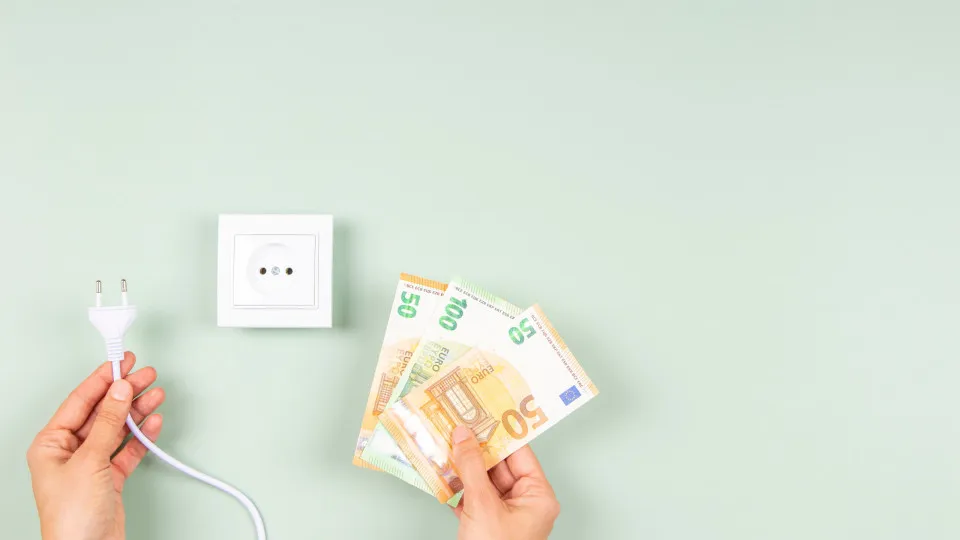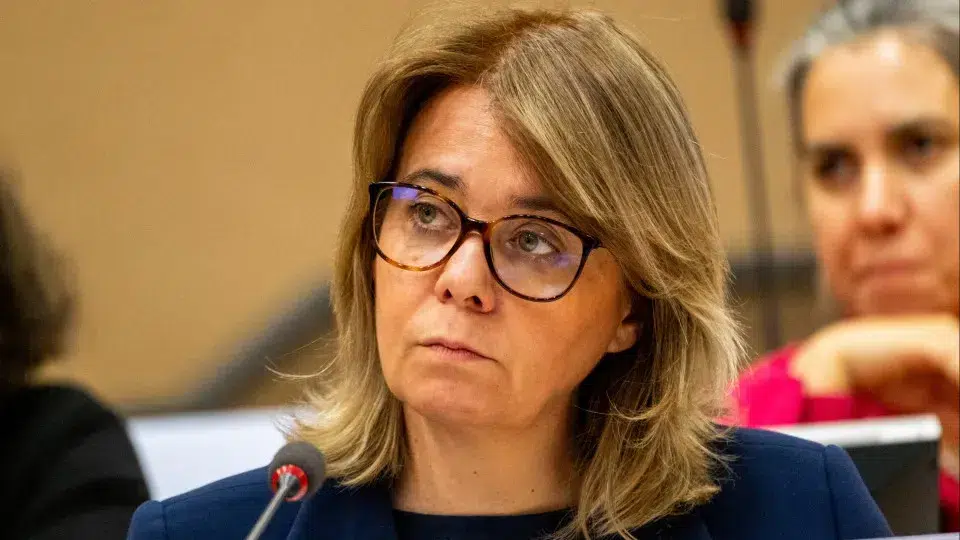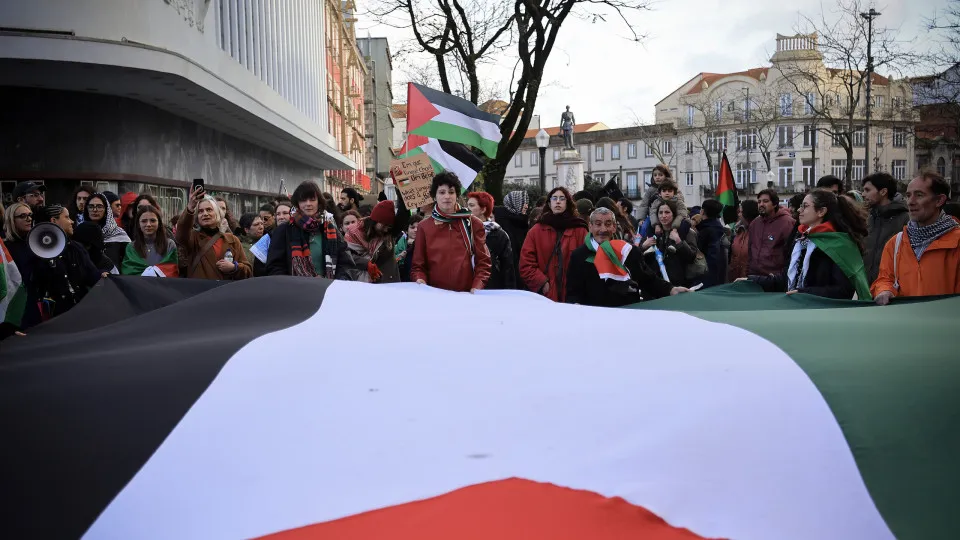
In statements to Lusa, the official emphasized that the participation in the recently launched government program to support the replacement of gas equipment with more efficient electric solutions “highlights the potential in replacing old equipment with new, more energy-efficient models,” while noting that the number of available supports “is very limited.” He urges the government to increase the allocated funds.
On the first day alone, the program aimed at improving thermal comfort in homes received over 6,000 applications.
Nuno Lameiras also mentioned that although the association was consulted by the government in preparing this support, a more active involvement from AGEFE would have been “desirable” to address some weaknesses. “Our first preference would have been to support the replacement of large household appliances, which are the largest energy consumers and where the efficiency gains are more significant,” he noted.
Highlighting the limitations, the president of AGEFE pointed out that some covered equipment, like certain stovetops, “are not even subject to energy labeling,” making it harder to verify the benefits.
Daniel Ribeiro, the association’s director-general, reminded that AGEFE’s first proposal was “100% focused on the potential of energy efficiency in appliances, where this efficiency is more visible and delivers significantly more savings, such as refrigerators, washing machines, and dishwashers. We backed this with technical data, but the political choice was different. It’s respectable, and now it’s our task to contribute to the success of what exists,” he added.
Despite the criticisms, Nuno Lameiras emphasized that the sector “is prepared” to meet demand, ruling out the risk of stock shortages.
“The critical point is whether the government will be willing to increase funding and allow more families to benefit from the support,” he stressed.
Daniel Ribeiro reinforced that “for the program’s success, it is essential that consumers gather information before deciding on purchases and understand what type of choices they want to make,” emphasizing that the single voucher model “requires the entire purchase to be made at the same store,” necessitating planning to prevent regrets.
The director-general of AGEFE also added that the expected impact on the sector “can only be positive if the highest number of consumers have access to the greatest number of support possibilities, in a decentralized manner instead of concentrated in specific regions or suppliers.” He also emphasized the importance of retail participation, as it “allows a widespread and nuanced distribution of supports among the population, rather than being concentrated.”
The E-Lar program has an initial budget of 40 million euros to support the replacement of gas stoves, ovens, and heaters with electric equipment of class A or higher. Support can reach up to 1,683 euros for vulnerable families, with a maximum of 1,100 euros for other cases.



